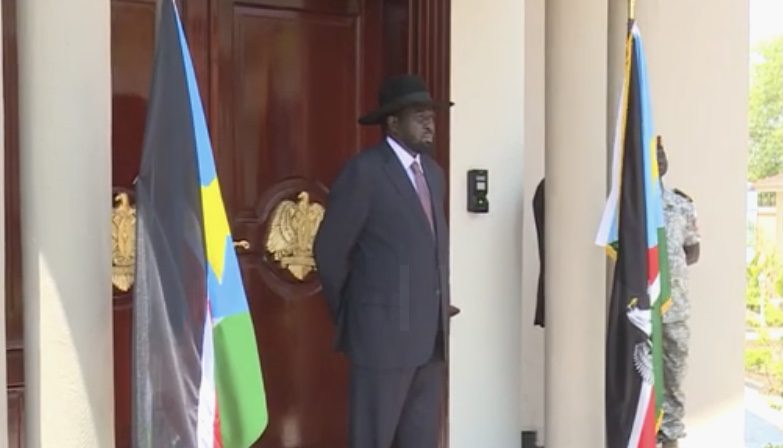South Sudan and ethnic and political differences: Peace agreement
Sawako Utsumi and Lee Jay Walker
Modern Tokyo Times

South Sudan (Republic of South Sudan) should have ushered in a period of peace for the embattled ethnic and religious groups who faced Arabization and Islamization concerning the policies of past Khartoum elites. However, while South Sudan has an abundance of natural resources, this is squandered by cronyism and endless political infighting in the corridors of power in Juba.
This nation became independent in 2011. Yet the hope of just over a decade ago remains distant for vast numbers of people in South Sudan who suffer from food insecurity, inter-ethnic bloodshed, political convulsions, and other ills. Therefore, while modernization continues in Juba, the capital city is like a mirage to neglected parts of the country where little changes.
Regional nations exerted pressure on the main political players to overcome animosity. Hence, a tentative peace agreement was recently signed – to solve the political crisis in South Sudan. However, past agreements have failed abysmally to solve the internal political differences of South Sudan concerning the issue of power concentration.
Africa News reports, “The agreement provides for a division – 60% for the president’s camp and 40% for vice-president’s Machar – of leadership positions in the army, police and national security forces.”
President Salva Kiir notified senior military and police officers that they would lose positions that they currently hold to implement aspects of provisions laid down in the peace agreement of 2018.
The Sudan Tribune reports, “These positions, according to Kiir, will be occupied by nominees of the armed opposition group (SPLM/A-IO) under the leadership of the First Vice President, Riek Machar and members of South Sudan Opposition Alliance (SSOA).”
Stars and Stripes reports, “Both Kiir and Machar witnessed the signing ceremony in Juba, the South Sudan capital, where on Monday there was heavy military deployment, highlighting growing tensions.”
Martin Gama Abucha said, “It is important that we silence the guns – so that South Sudan can prosper.”
It is known that America, Norway, and the United Kingdom put pressure on the ruling elites in South Sudan to fulfill the 2018 agreement. Hence, for the people of South Sudan, it is hoped that this resource-rich nation follows a completely different path from the first decade of this newly created nation.
https://sudantribune.com/article257214/

Modern Tokyo News is part of the Modern Tokyo Times group
DONATIONS to SUPPORT MODERN TOKYO TIMES – please pay PayPal and DONATE to sawakoart@gmail.com
http://moderntokyotimes.com Modern Tokyo Times – International News and Japan News
https://www.pinterest.co.uk/moderntokyotimes/ Modern Tokyo Times is now on PINTEREST
http://sawakoart.com – Sawako Utsumi personal website and Modern Tokyo Times artist
https://moderntokyonews.com Modern Tokyo News – Tokyo News and International News
PLEASE JOIN ON TWITTER
https://twitter.com/MTT_News Modern Tokyo Times
https://www.facebook.com/moderntokyotimes/ Facebook